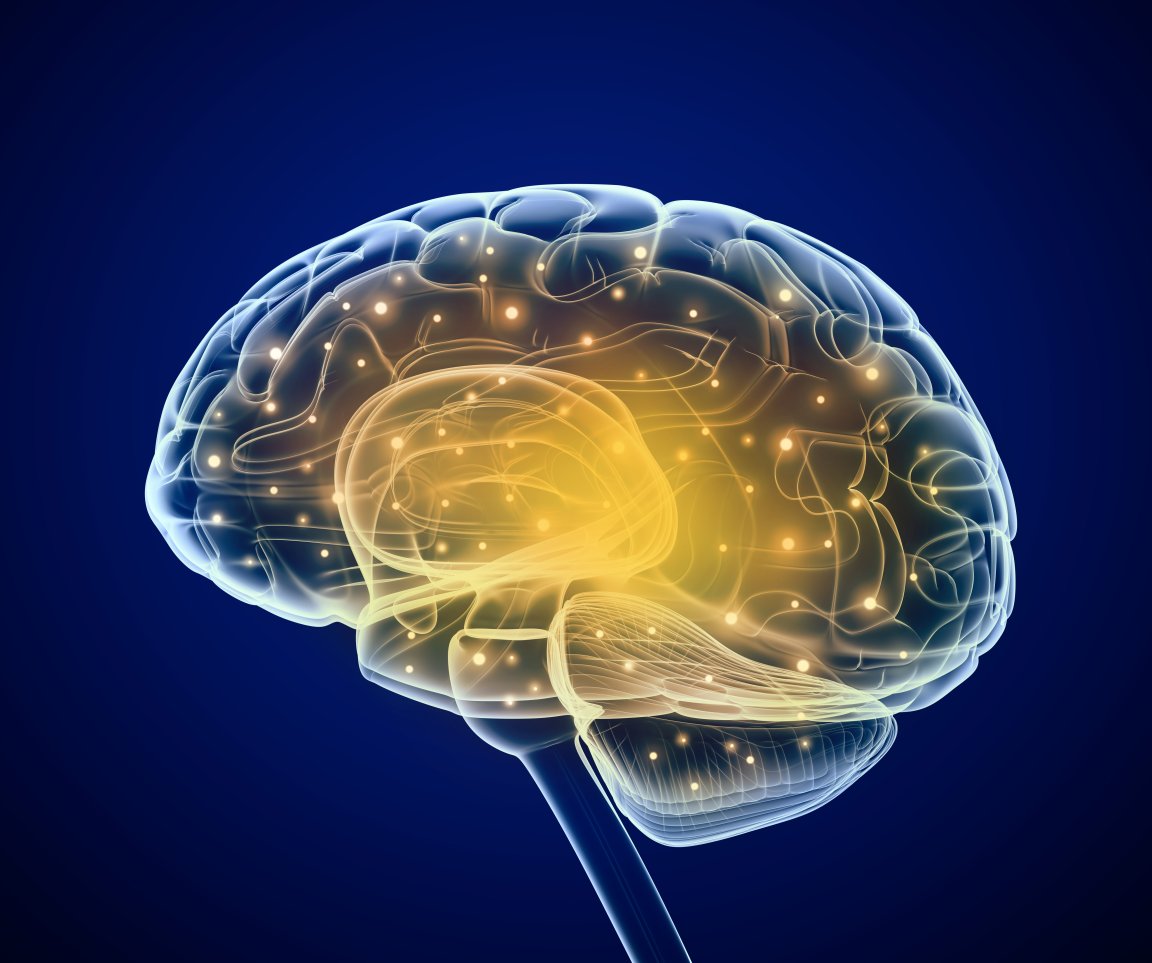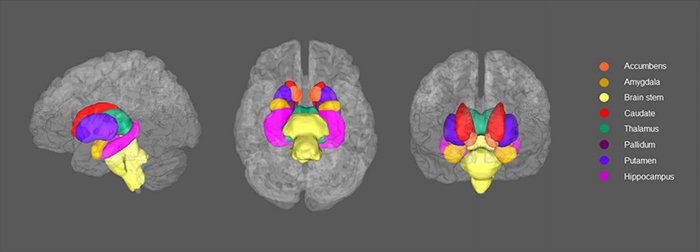
White Matter Matters
A new study published in Scientific Reports has revealed a link between depression and the structure of white matter in the brain, which we use to process our emotions and thoughts. The research, which was conducted by the University of Edinburgh, Scotland, analysed data from 3,461 people in the U.K. Biobank database, making it the largest study of its kind in history.

The scientists used diffusion tensor imaging — which is based on magnetic resonance imaging (MRI) — to create highly detailed maps of the fibers in the brain. When they compared depression sufferers to healthy individuals they realized that there were substantial differences in the “integrity” (or “quality”) of the white matter.
Heather Whalley, who led the team, said in a Biobank press release that “there is an urgent need to provide treatment for depression and an improved understanding of it[s] mechanisms will give us a better chance of developing new and more effective methods of treatment. Our next steps will be to look at how the absence of changes in the brain relates to better protection from distress and low mood.”
The Depression Crisis
Depression is epidemic in today’s society, with 40 million adults — 18 percent of the population — being affected in the U.S. alone. However, only a third of people suffering from anxiety related disorders receive treatment. Research like this study is pivotal to improving the quality of millions of lives by uncovering the physical causes of the disorder.

The study adds to a growing body of research that supports the understanding that depression as a physical condition rather than a chemical or purely psychological one. This has instigated a fundamental change in the way depression is treated.
For example, researchers at UCLA have begun to use magnetic pulses to target the specific parts of the mind that are associated with depression — “actually changing how the brain circuits are arranged, how they talk to each other” as the press release stated.
In order to fight depression these types of research are crucial — let us all hope one of them leads to a cure capable of helping millions.